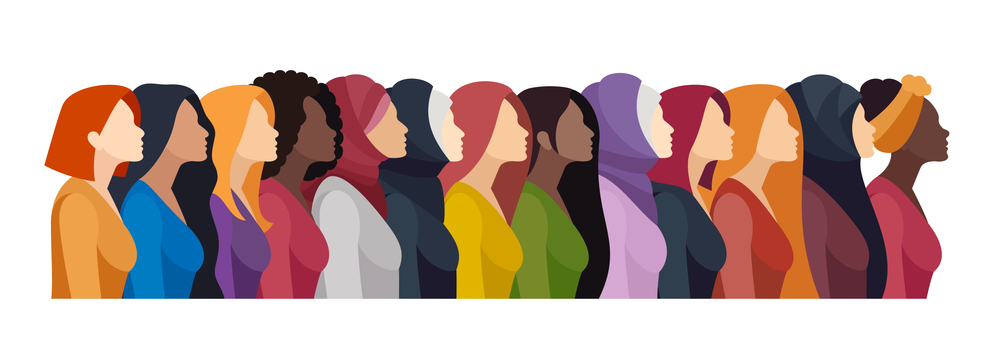Today is International Women’s Day, which commemorates both the gains made by women in the last century and the progress we still must make in order to reach full gender equality.
The idea for International Women’s Day was born out of the second International Conference of Working Women, held in Copenhagen in the winter of 1910. German social leader Clara Zetkin proposed that conference attendees identify a target date each year to make renewed calls for better working conditions and social rights. The first International Women’s Day was celebrated the following year.
While the concept gained momentum among activists in the turbulent years around the First World War, it wasn’t until 1975 that International Women’s Day was recognized by the United Nations (UN). After interest in women’s and social issues declined in the latter half of the 20th century, the platform International Women’s Day was launched online to renew interest in 2001 – complete with yearly themes and ways individuals around the world can get involved.
The theme for this year’s International Women’s Day is “Invest in women: Accelerate progress.” #InvestInWomen calls on individuals around the world to not only invest in women, but to also work to end poverty, implement gender-responsive financing, shift to a green economy and care society, and support feminist change-makers.
The UN’s website outlines why these 5 key goals are being called into action:
Investing in women, a human rights issue: Time is running out. Gender equality is the greatest human rights challenge, benefiting everyone.
Ending poverty: Due to the COVID pandemic and conflicts, 75 million more people have fallen into severe poverty since 2020. Immediate action is crucial to prevent over 342 million women and girls living in poverty by 2030.
Implementing gender-responsive financing: Conflicts and rising prices may lead 75% of countries to cut public spending by 2025, negatively impacting women and their essential services.
Shifting to a green economy and care society: The current economic system disproportionately affects women. Advocates propose a shift to a green economy and care society to amplify women’s voices.
Supporting feminist change-makers: Despite leading efforts, feminist organizations receive only 0.13% of official development assistance.
More information can be found here.


What Do You Think?